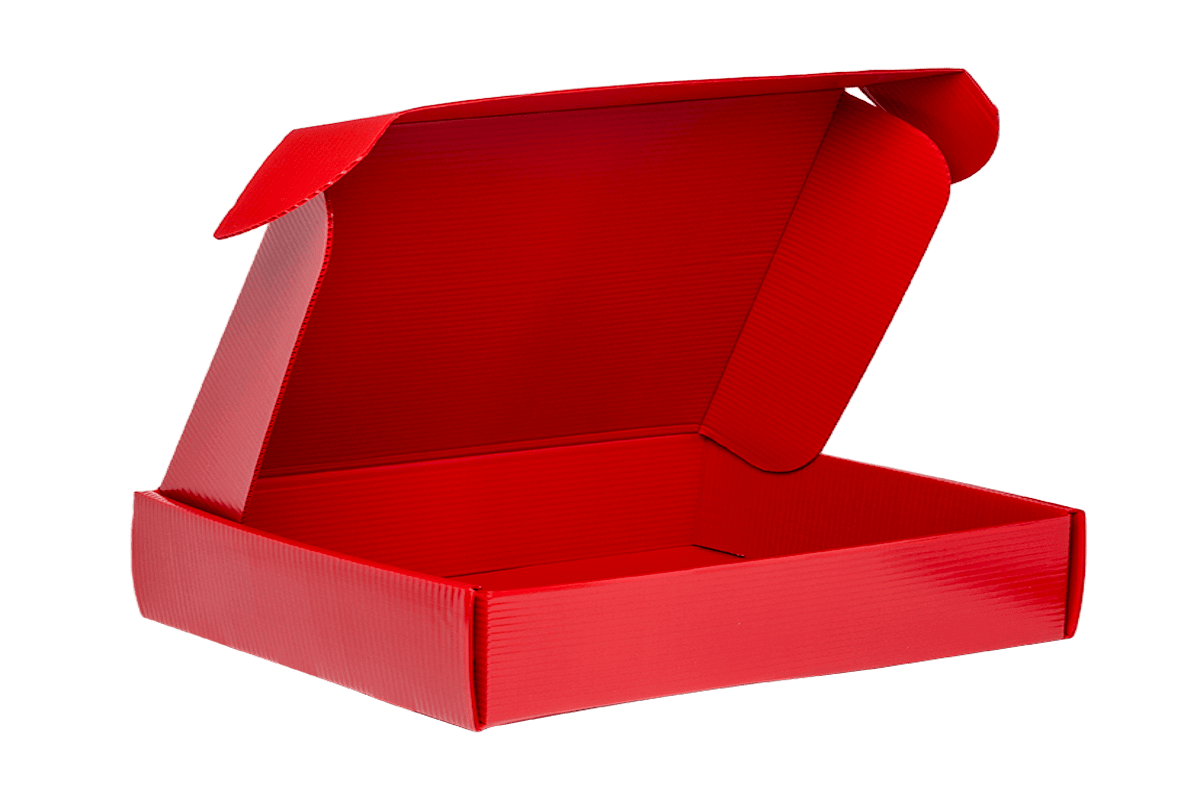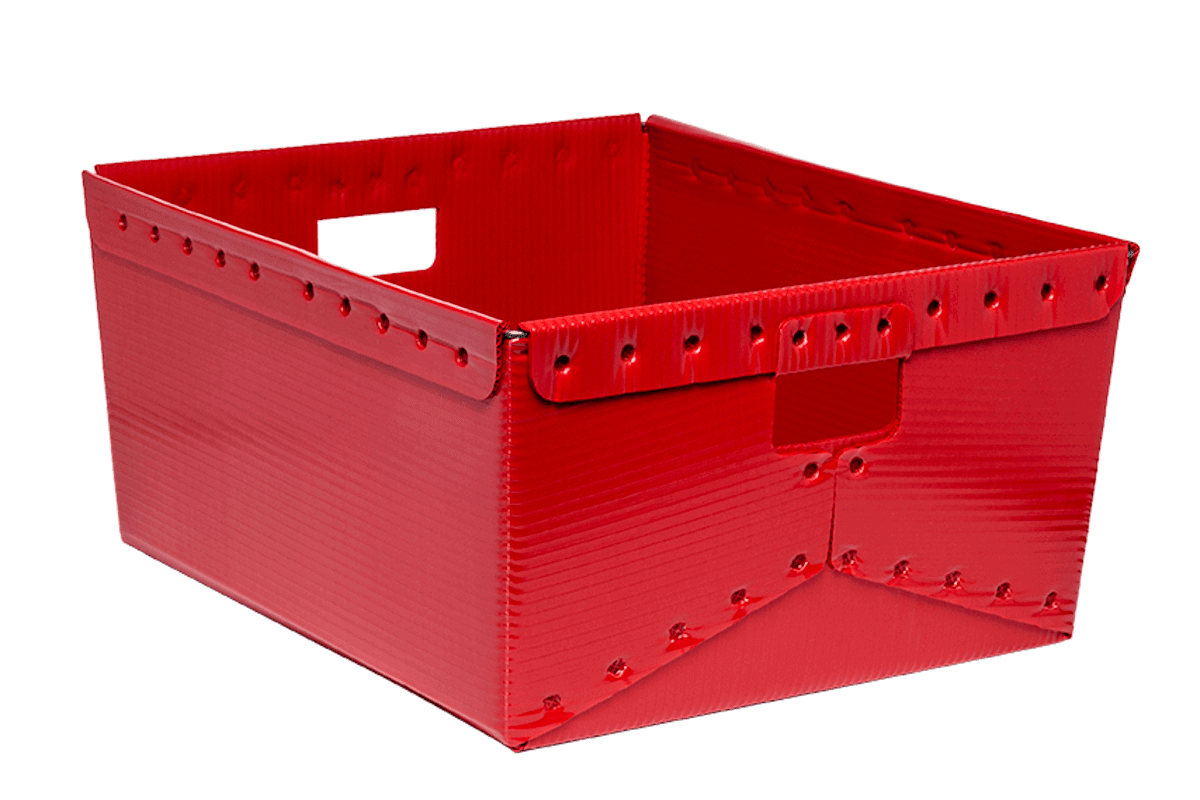In the fast-paced world of packaging, corrugated plastic has become a standout material, renowned for its versatility and sustainability. This blog post explores the significant advantages of using corrugated plastic in packaging, showcasing how it is revolutionizing the industry.
What Is Corrugated Plastic?
Corrugated plastic, also known as corrugated polypropylene, is a lightweight yet durable material. It is made by fusing two flat polymer sheets with a fluted, corrugated layer, resulting in a sturdy, sandwich-like structure. This design lends itself to remarkable strength and flexibility, making it an ideal material for various packaging applications.

The Shift from Traditional to Modern Packaging Materials
The transition from conventional materials like cardboard and wood to corrugated plastic signifies a shift in industry priorities. Today, businesses seek solutions that are not only effective but also environmentally responsible and cost-efficient. Corrugated plastic meets these needs, offering a blend of durability, recyclability, and cost-effectiveness.
The Benefits of Corrugated Plastic Packaging
Durability and Longevity
One of the primary advantages of this type of packaging is its exceptional durability. Unlike cardboard, which can weaken when wet, corrugated plastic is moisture-resistant, making it suitable for a variety of climates and conditions. This resilience extends the life of the packaging, reducing the need for frequent replacements.
Lightweight and Cost-Effective
Despite its strength, corrugated plastic is surprisingly lightweight. This reduces shipping costs significantly, as the weight of the packaging plays a crucial role in transportation expenses. Additionally, its reusability further drives down long-term costs, making it a financially viable option for businesses.
Customization and Versatility
This packaging material is highly adaptable, capable of being cut, folded, and shaped to fit a wide range of products. Its surface can also be easily printed on, allowing for custom branding opportunities. This versatility makes it suitable for industries ranging from agriculture to electronics.
Environmental Impact and Sustainability
In today’s eco-conscious market, the sustainability of packaging materials is a critical consideration. Corrugated plastic packaging is recyclable, reducing its environmental footprint. Additionally, its durability means less material is required over time, contributing to waste reduction.
Applications of Corrugated Plastic in Various Industries
Retail and E-Commerce
In the retail sector, the visual appeal and sturdiness of packaging are paramount. Corrugated plastic packaging not only protects products during shipping but also offers an aesthetic appeal, enhancing brand perception and customer satisfaction.
Agriculture and Food Industry
For the agriculture and food industry, hygiene and moisture resistance are crucial. Corrugated plastic is easy to clean and does not absorb moisture, making it an ideal choice for transporting fresh produce and perishable goods.
Automotive and Electronics
The electronic and automotive industries require packaging that can safeguard delicate components. The shock-absorbing properties of corrugated plastic provide excellent protection against impacts and vibrations during transportation.
Conclusion

The benefits of corrugated plastic packaging are evident in its durability, cost-effectiveness, and environmental friendliness. Its adaptability across various industries underscores its potential as a key player in the future of packaging solutions. As businesses continue to prioritize sustainability and efficiency, corrugated plastic stands out as a material that can meet these demands while offering practical advantages. If you have any questions or need more information, feel free to contact MDI today for assistance.